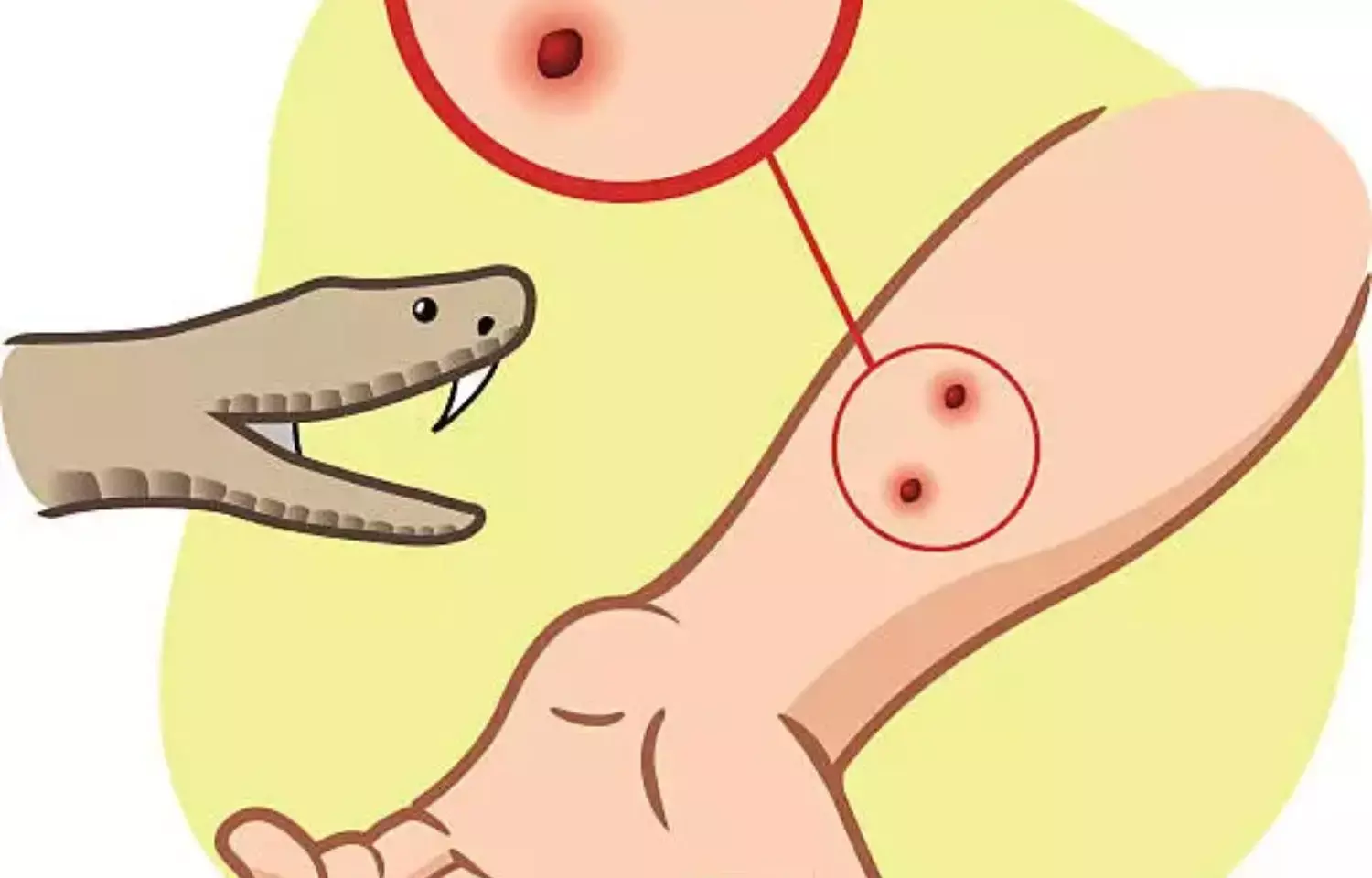- Home
- Medical news & Guidelines
- Anesthesiology
- Cardiology and CTVS
- Critical Care
- Dentistry
- Dermatology
- Diabetes and Endocrinology
- ENT
- Gastroenterology
- Medicine
- Nephrology
- Neurology
- Obstretics-Gynaecology
- Oncology
- Ophthalmology
- Orthopaedics
- Pediatrics-Neonatology
- Psychiatry
- Pulmonology
- Radiology
- Surgery
- Urology
- Laboratory Medicine
- Diet
- Nursing
- Paramedical
- Physiotherapy
- Health news
- Fact Check
- Bone Health Fact Check
- Brain Health Fact Check
- Cancer Related Fact Check
- Child Care Fact Check
- Dental and oral health fact check
- Diabetes and metabolic health fact check
- Diet and Nutrition Fact Check
- Eye and ENT Care Fact Check
- Fitness fact check
- Gut health fact check
- Heart health fact check
- Kidney health fact check
- Medical education fact check
- Men's health fact check
- Respiratory fact check
- Skin and hair care fact check
- Vaccine and Immunization fact check
- Women's health fact check
- AYUSH
- State News
- Andaman and Nicobar Islands
- Andhra Pradesh
- Arunachal Pradesh
- Assam
- Bihar
- Chandigarh
- Chattisgarh
- Dadra and Nagar Haveli
- Daman and Diu
- Delhi
- Goa
- Gujarat
- Haryana
- Himachal Pradesh
- Jammu & Kashmir
- Jharkhand
- Karnataka
- Kerala
- Ladakh
- Lakshadweep
- Madhya Pradesh
- Maharashtra
- Manipur
- Meghalaya
- Mizoram
- Nagaland
- Odisha
- Puducherry
- Punjab
- Rajasthan
- Sikkim
- Tamil Nadu
- Telangana
- Tripura
- Uttar Pradesh
- Uttrakhand
- West Bengal
- Medical Education
- Industry
13 states get first of its kind ICMR study on snakebites

"This study will generate real data on snakebite incidence, mortality, morbidity and socioeconomic burden of snakebite for the first time in the country to help the decision-makers in policy framing to prevent and control snakebite in India. The country still doesn't know the real snakebite burden and is hence groping in the dark when it comes to policy."
Shimla: The apex research regulator, the Indian Council of Medical Research (ICMR) conducting a first-of-its-kind study covering 13 states on incidents, mortality, morbidity and socio-economic burden of snakebites.
The apex research regulator, the Indian Council of Medical Research (ICMR) is carrying out a first-of-its-kind study on incidents of snakebite covering 13 states, including Himachal Pradesh, to gather data on mortality, morbidity and socio-economic burden.
The data will help in the framing of policies to prevent and control snakebite in India, said Dr Omesh Bharti, the national principal co-investigator for the study.
Also Read:AIIMS Bhubaneswar to conduct study to control snakebite deaths
Besides Himachal Pradesh, the study will cover Andhra Pradesh, Arunachal Pradesh, Rajasthan, Maharashtra, Kerala, Tamil Nadu, Odisha, West Bengal, Uttarakhand, Meghalaya, Mizoram and Tripura.
The national principal investigator of the study is Dr Jaideep C Menon from Preventive Cardiology & Population Health Sciences, Amrita Institute of Medical Sciences & Research Centre, Amrita Vishwa Vidyapeetham, Kochi, Kerala.
Dr Bharti, State Epidemiologist with the Department of Health and Family Welfare, Himachal Pradesh, said, "This study will generate real data on snakebite incidence, mortality, morbidity and socioeconomic burden of snakebite for the first time in the country to help the decision-makers in policy framing to prevent and control snakebite in India. The country still doesn't know the real snakebite burden and is hence groping in the dark when it comes to policy." An article on the study, 'ICMR task force project-survey of the incidence, mortality, morbidity and socioeconomic burden of snakebite in India: A study protocol', has been published in the international research journal Plos One on 22 August.
Dr Bharti said the survey is in progress and it takes into consideration all the geographical areas like hilly, plains, marshy, desert and coastal. It is the first such study designed for the survey of snakebite incidence in South East Asia.
Sri Lanka has done it, but they covered a population of one per cent only, whereas our study would cover a population of 6.12 per cent, he added.
Snakebite incidence study is being carried out in 31 districts in six geographical zones in the country, including West, Central, South, East, North and North-East in 13 states. Three districts of Himachal Pradesh — Kangra, Chamba and Una — are included in it.
Half of the global deaths due to venomous snakebites, estimated at 100,000 per year, occur in India.
The only representative data on snakebite available from India is the mortality data from the RGI-MDS study (Registrar General of India-1 Million Death Study) and another study on mortality from the state of Bihar. The incidence data on snakebite is available for two districts of the state of West Bengal only, he added.
The ICMR's study protocol for snakebite incidence and burden mentions that the hospital-based data on snakebite admissions and use of anti-snake venom are gross underestimates as most snakebite victims in rural India depend more on alternative treatment methods which do not get represented in national registries.
Reports suggest that only 20-30 per cent of victims of snakebite in rural India seek treatment in hospitals. Under-reporting and lack of data on incidence, mortality and socio-economic burden make it difficult to understand the true impact of a condition on the health of a population.
The study duration is for 18 months from April 2022 to October 2023.
Kajal Rajput joined Medical Dialogues as an Correspondent for the Latest Health News Section in 2019. She holds a Bachelor's degree in Arts from University of Delhi. She manly covers all the updates in health news, hospitals, doctors news, government policies and Health Ministry. She can be contacted at editorial@medicaldialogues.in Contact no. 011-43720751


